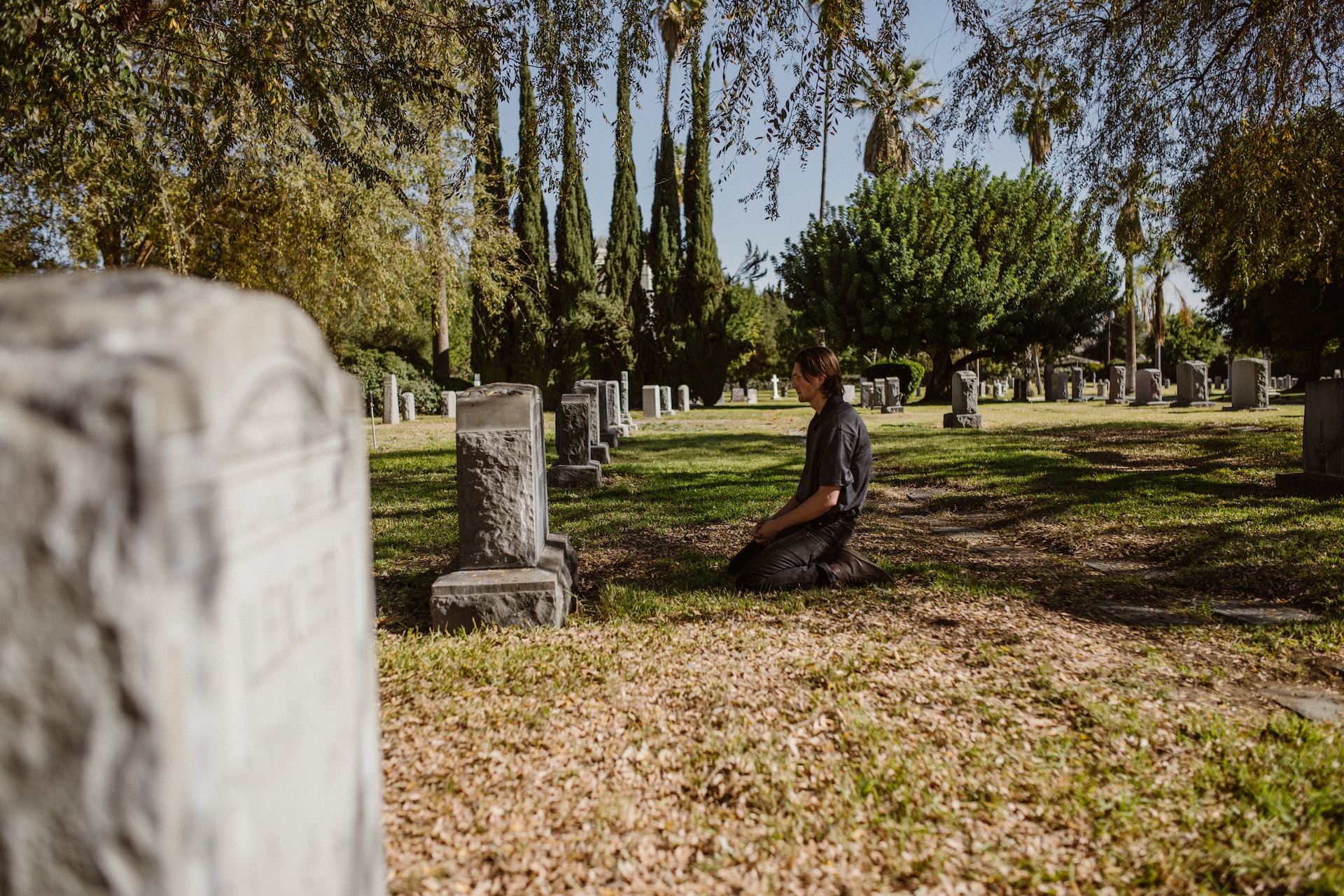What’s the story about Angus Cloud?
Angus Cloud died on Monday, July 31, 2023, at the age of 25. He was best known for his role as drug dealer Fezco O’Neill on the HBO series Euphoria. Cloud’s death was announced by his family in a statement. It said that he had “intensely struggled” since the death of his father in May.
There has been widespread sadness and grief about Cloud’s death from fans and colleagues. HBO said in a statement that they were “incredibly saddened” by his death, calling him “immensely talented” and “a beloved part of the HBO and Euphoria family.”
Although the statement did not confirm the cause of death, the news of Cloud’s death has also sparked a conversation about mental health and the importance of seeking help if you are struggling. Cloud’s family said about mental health in their statement that they hoped his death could be a “reminder to others that they are not alone and should not fight this on their own in silence.”
If you or someone you know is struggling with mental health, please reach out for help. There are various resources available, including the Samaritans (call 116 123 in the UK) and the 988 Lifeline (call 988 in the US).

Why should I care about this story?
Angus Cloud’s death is important because it is a reminder that mental health is a serious issue that can affect anyone, regardless of their age, nationality, or social status. Cloud was a talented actor who millions loved, and his death is a tragic loss.
The news of Cloud’s death has also sparked a conversation about mental health. According to the NHS, one in four adults in the UK will experience a mental health problem each year. This means that mental health is a major issue that affects millions of people.
If you or someone you know is struggling with mental health, please reach out for help. There are various resources available, including the Samaritans (call 116 123 in the UK) and the 988 Lifeline (call 988 in the US).
Angus Cloud’s death can:
- be a reminder that mental health is a serious issue that can affect anyone.
- help to start a conversation about mental health.
- raise awareness of the resources that are available to people who are struggling with mental health.
- help to reduce the stigma associated with mental health problems.
If you are struggling with mental health, please know that you are not alone. There are people who care about you. There are people who want to help. Please reach out for help and don’t suffer in silence.
Subscribe
Get the biggest stories direct to your inbox, along with why they matter.